Meet Dr. Sidonie Niba | Founder
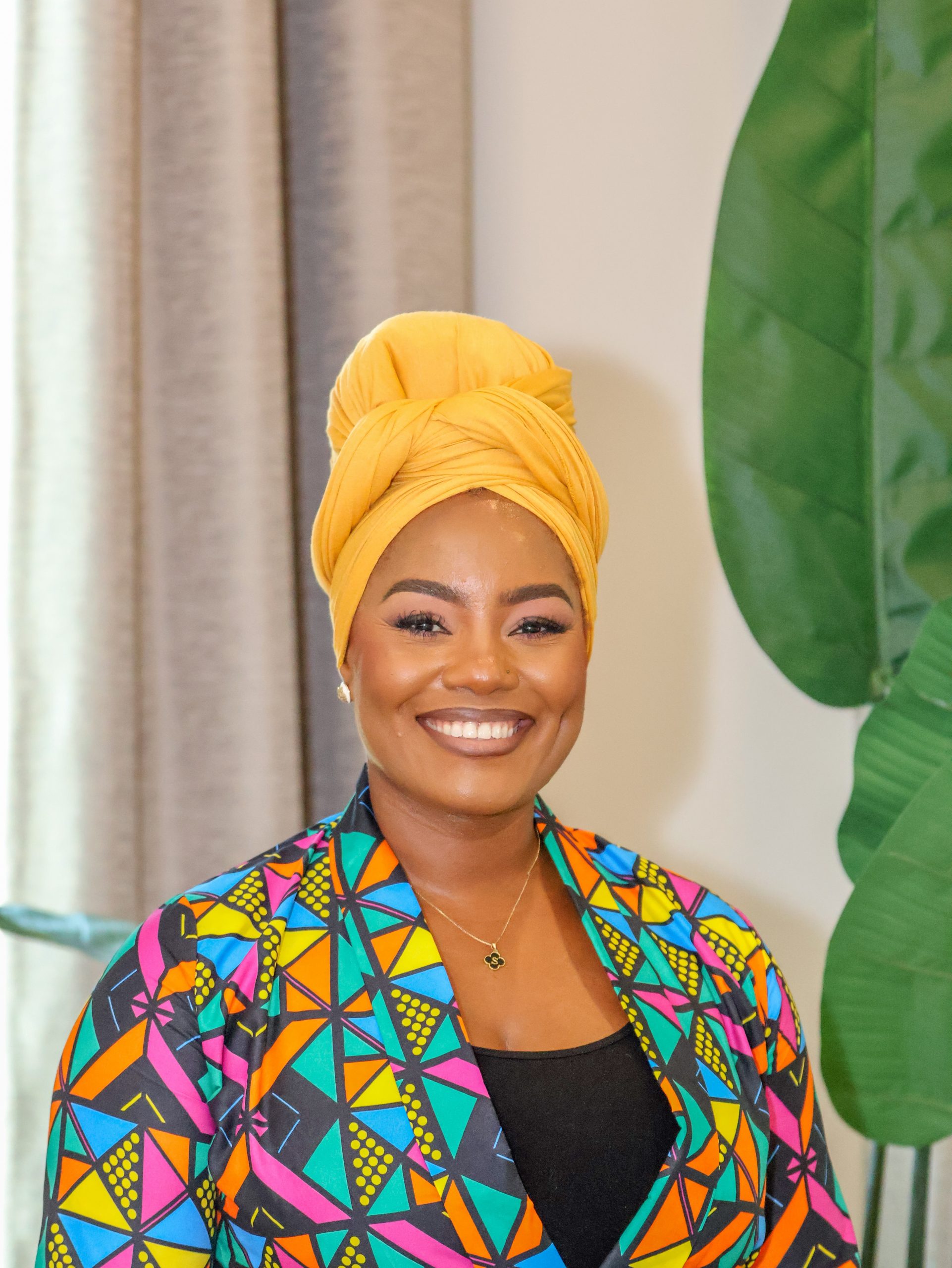

We had the good fortune of connecting with Dr. Sidonie Niba and we’ve shared our conversation below.
Hi Dr. Sidonie, what was your thought process behind starting your own business?
The African Think Tank was born from a deeply personal place—a longing for connection, identity, and purpose. When I first arrived in the U.S. as a young immigrant, I carried big dreams but often felt invisible. So many of us know that feeling too well—the silence, the disconnection, the ache for something familiar. Despite being highly educated and well accomplished, the pain and loneliness persisted. Rather than let that pain define me, I turned it into purpose. I created the space I needed: a vibrant, affirming community where descendants and friends of Africa feel seen, celebrated, and empowered. But it goes deeper than that. It’s about transforming the economic trajectory of our diaspora—elevating our voices and creating opportunities that ensure we thrive, not just survive. This isn’t just an organization—it’s a heartbeat, a movement, and a testament to the power of turning personal struggle into collective strength and generational progress.
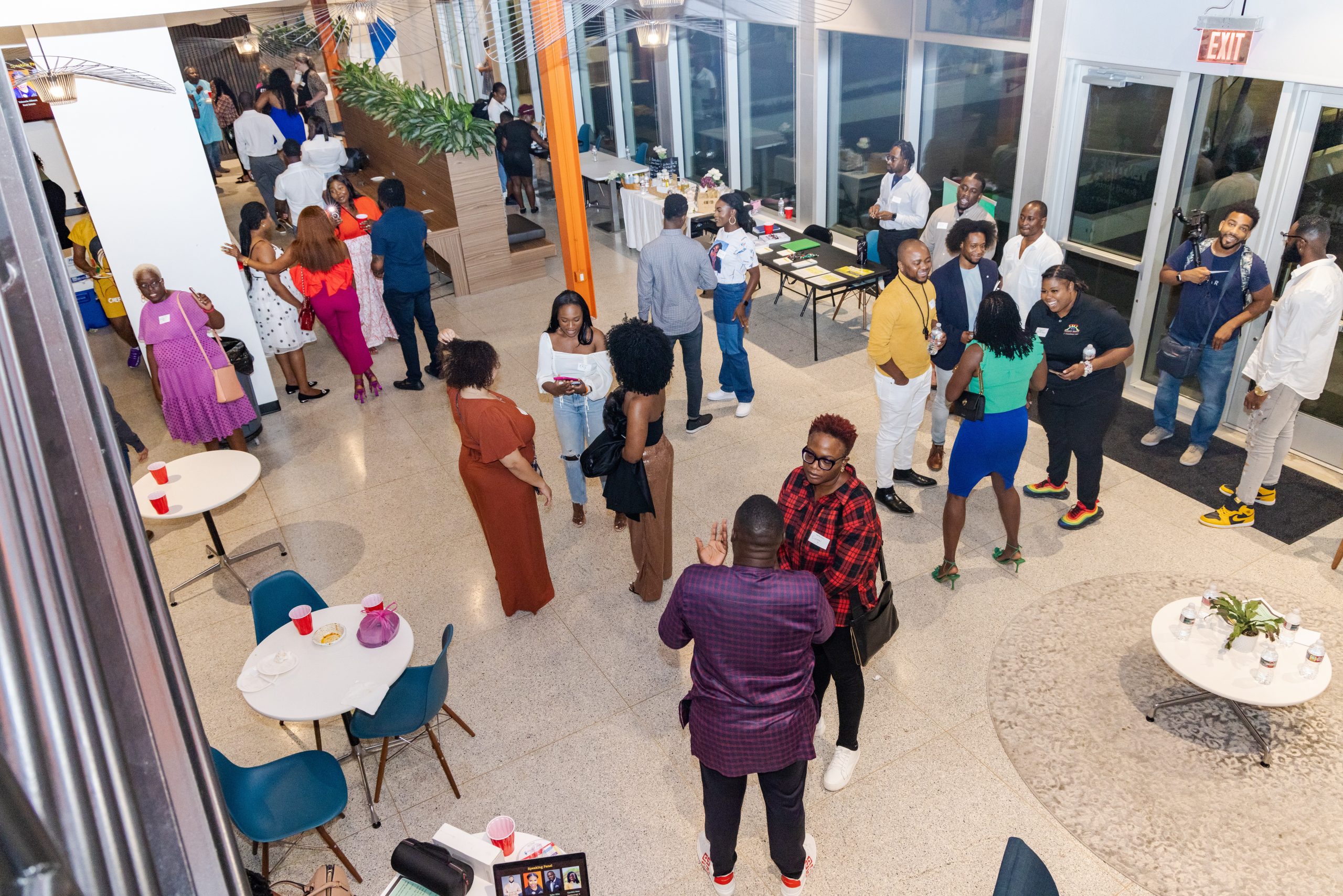
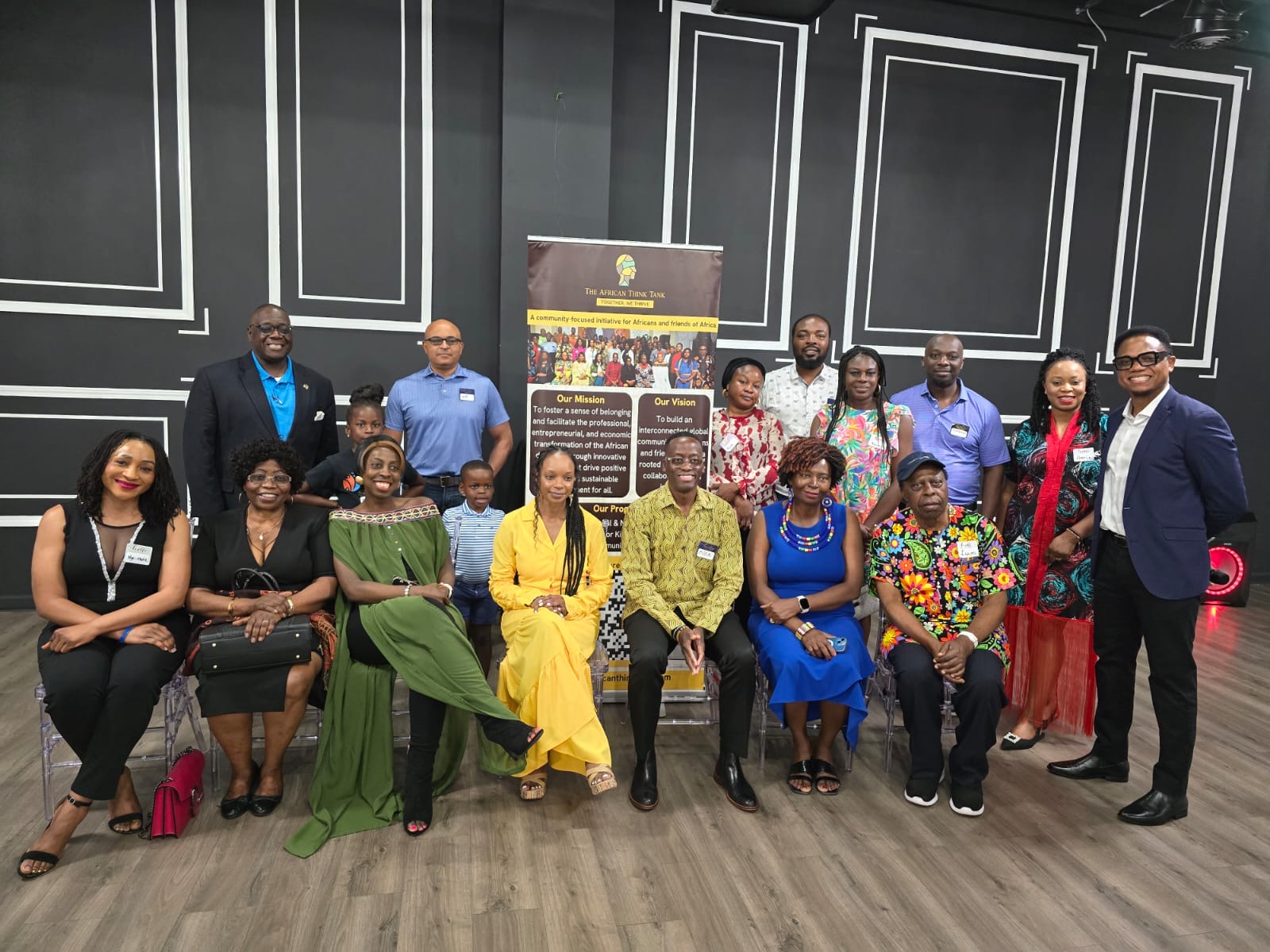
Can you give our readers an introduction to your business? Maybe you can share a bit about what you do and what sets you apart from others?
The African Think Tank is more than just a business—it’s a movement built to serve, uplift, and empower the African diaspora and friends of Africa. Our mission is to create spaces where culture, connection, and community intersect with opportunity. We host dynamic networking mixers, run educational workshops, offer mentorship programs, and curate thought-provoking dialogues around entrepreneurship, financial literacy, career development, and heritage.**
What sets us apart is that we don’t just talk about change—we build infrastructure for it. We’re creating ecosystems that address the real, data-backed challenges our communities face. For instance, African immigrants are among the most highly educated groups in the U.S., yet they often face income disparities, with many earning significantly less than their white and non-immigrant peers in similar roles. At the same time, mental health stigma and lack of culturally competent care remain pressing issues—Black immigrants are less likely to receive mental health treatment, and when they do, it’s often not tailored to their lived experiences. The African Think Tank is tackling these issues head-on—through impact-driven programs, strategic partnerships, and community-led solutions.
I’m most proud of the way we’ve been able to foster belonging while also sparking ambition. Seeing individuals walk into our events unsure of where they fit, and leave feeling inspired, seen, and connected—that’s the magic we create.
But the journey here wasn’t easy. Starting this organization meant pushing against the odds, often with limited resources and no blueprint. I faced imposter syndrome, funding challenges, and the uphill battle of convincing people to believe in a vision they couldn’t yet see. What helped me push through was staying grounded in purpose and being in constant dialogue with the people we serve. Their stories continue to fuel my resolve.
The biggest lesson I’ve learned is that impact takes time—but if your mission is authentic and you stay consistent, your work will speak for itself. I also learned that you don’t have to do it all alone. Collaboration is key, and community is everything.
If there’s one thing I want the world to know about The African Think Tank, it’s that we are building something transformative. We’re not just telling stories—we’re shifting narratives, unlocking potential, changing behaviors, and creating legacy. And this is just the beginning.
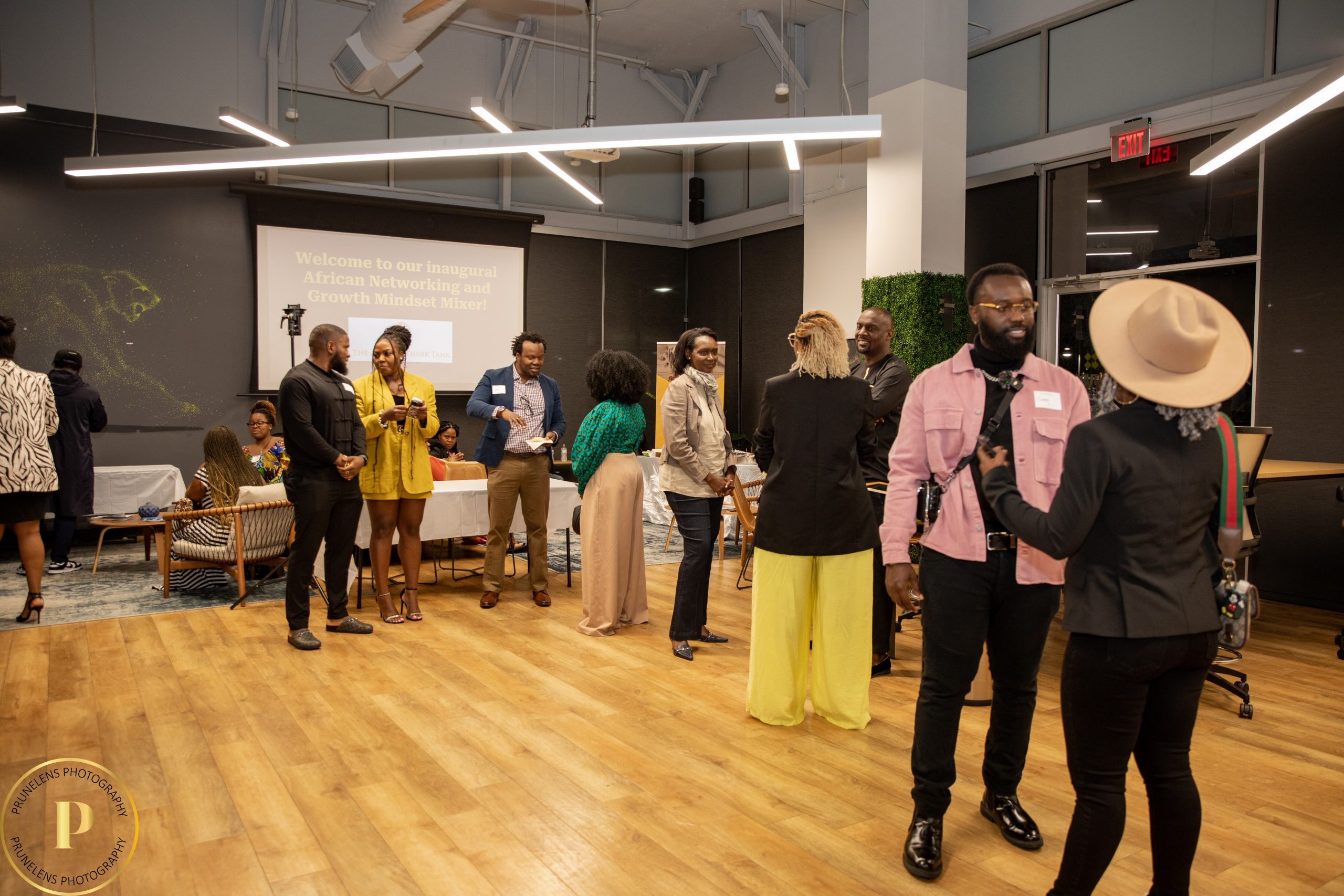
Let’s say your best friend was visiting the area and you wanted to show them the best time ever. Where would you take them? Give us a little itinerary – say it was a week long trip, where would you eat, drink, visit, hang out, etc.
Oh fun fun! If my best friend were visiting Dallas for a week, I’d make sure their trip was filled with joy, culture, soul food, and unforgettable memories. Dallas is rich in Black excellence—you just have to know where to look. Here’s how we’d do it:
Day 1 – Welcome & Soulful Bites
We’d kick things off with brunch at “Cafe Nubia”, an African-owned hot spot known for its elevated comfort food and stylish, feel-good vibe.
Day 2 – Art & Identity
We’d spend the afternoon at “Pencil on Paper” gallery, exploring powerful exhibits that highlight Black history, art, and culture. For dinner, we’d visit “Roots Southern Table”, where Chef Tiffany Derry brings Southern cuisine to life in the most elegant way.
Day 3 – Shop Black, Dallas Style
We’d visit “Pan-African Connection”, an iconic Black-owned bookstore and cultural hub, then swing by a local Black vendor marketplace or artisan fair (there’s always something happening in this city). We’d cap the night with poetry, live music, or jazz at “The Freeman Café” in Deep Ellum.
Day 4 – Heritage & Healing
We’d take a slower, reflective day with a wellness activity—maybe a guided meditation or yoga class, followed by a visit to “Hiatus Spa” for a little pampering. That evening, we’d try something unique like “Tasha’s Cauldron of Yum”—a whimsical, Black-owned eatery with bold flavors and even bolder energy.
Day 5 – Networking with Purpose
No visit would be complete without attending a “TATT (The African Think Tank)” event! Whether it’s a professional mixer, panel discussion, or workshop, it’s a space full of brilliance, authenticity, and real community-building. We’d both leave inspired and connected.
Day 6 – Rooftop Vibes & Royal Nights
We’d explore Bishop Arts District during the day—checking out murals, boutiques, and coffee shops. As evening falls, we’d head to The Henry or Vidorra for rooftop drinks and skyline views. Then, we’d close out the night at Royal Palace, a buzzing Black-owned lounge where we’d dance, celebrate, and soak in the energy of Dallas nightlife.
Day 7 – Sunday Reset
We’d wind things down with brunch at RH restaurant, with amazing food and beautiful outdoor views. We’d reflect on the week, share laughs, and maybe even plan our next trip—because once you experience Dallas like this, you’ll definitely want to come back -:)!
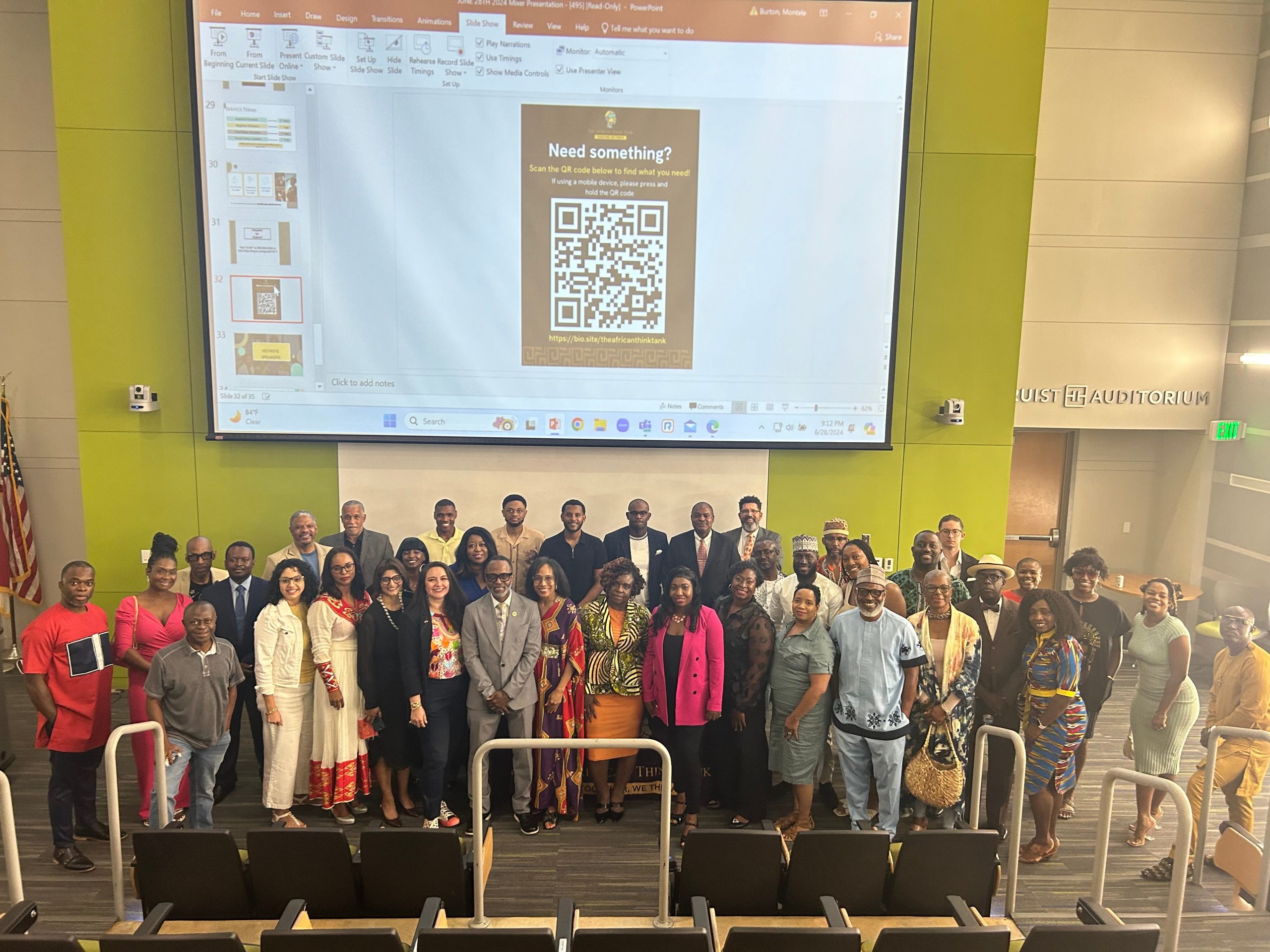
Shoutout is all about shouting out others who you feel deserve additional recognition and exposure. Who would you like to shoutout?
Dedicated to the amazing volunteers and supporters of The African Think Tank
Website: https://www.theafricanthinktank.com
Instagram: @theafricanthinktank
Linkedin: The African Think Tank
Facebook: @theafricanthinktank
Youtube: The African Think Tank
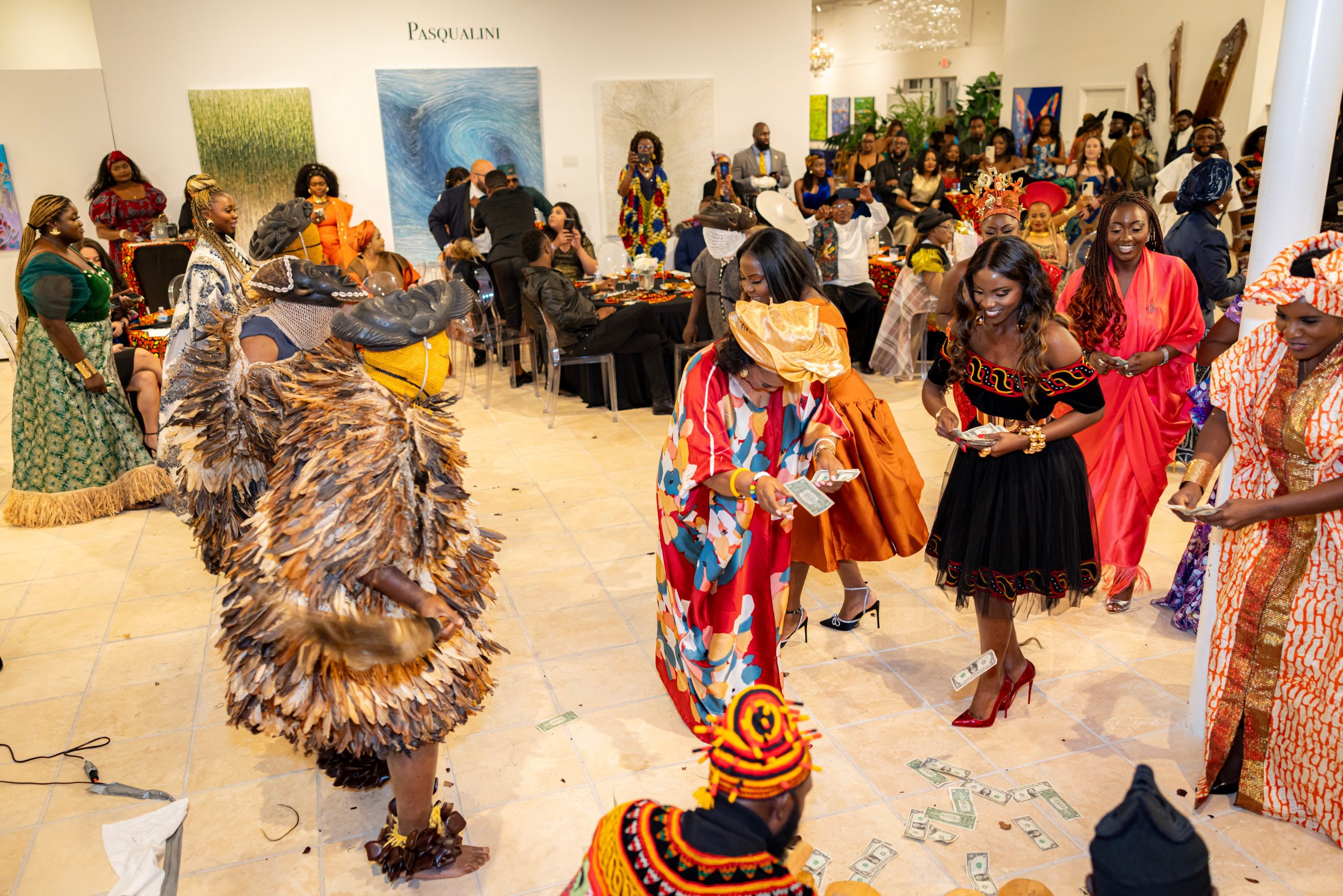
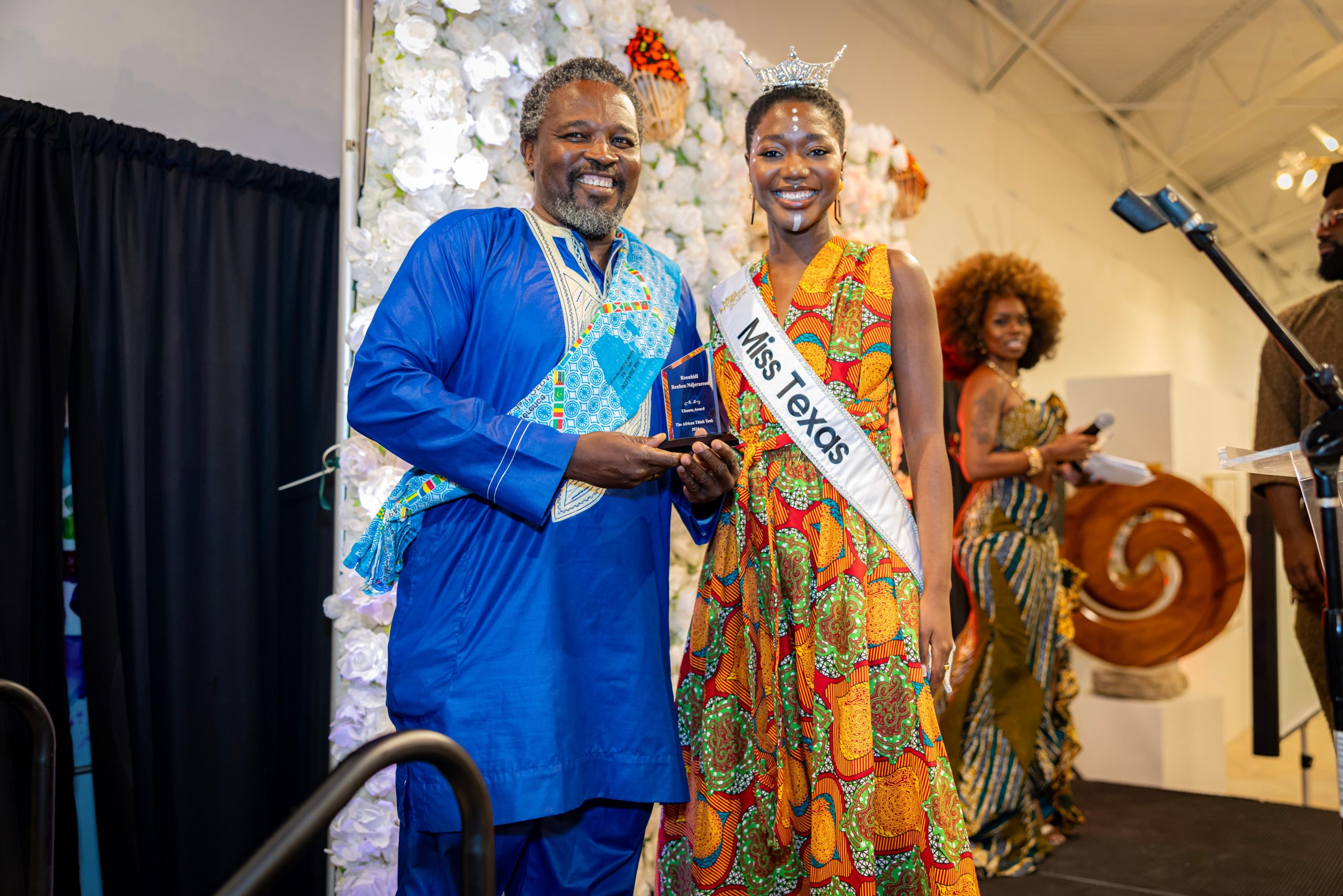
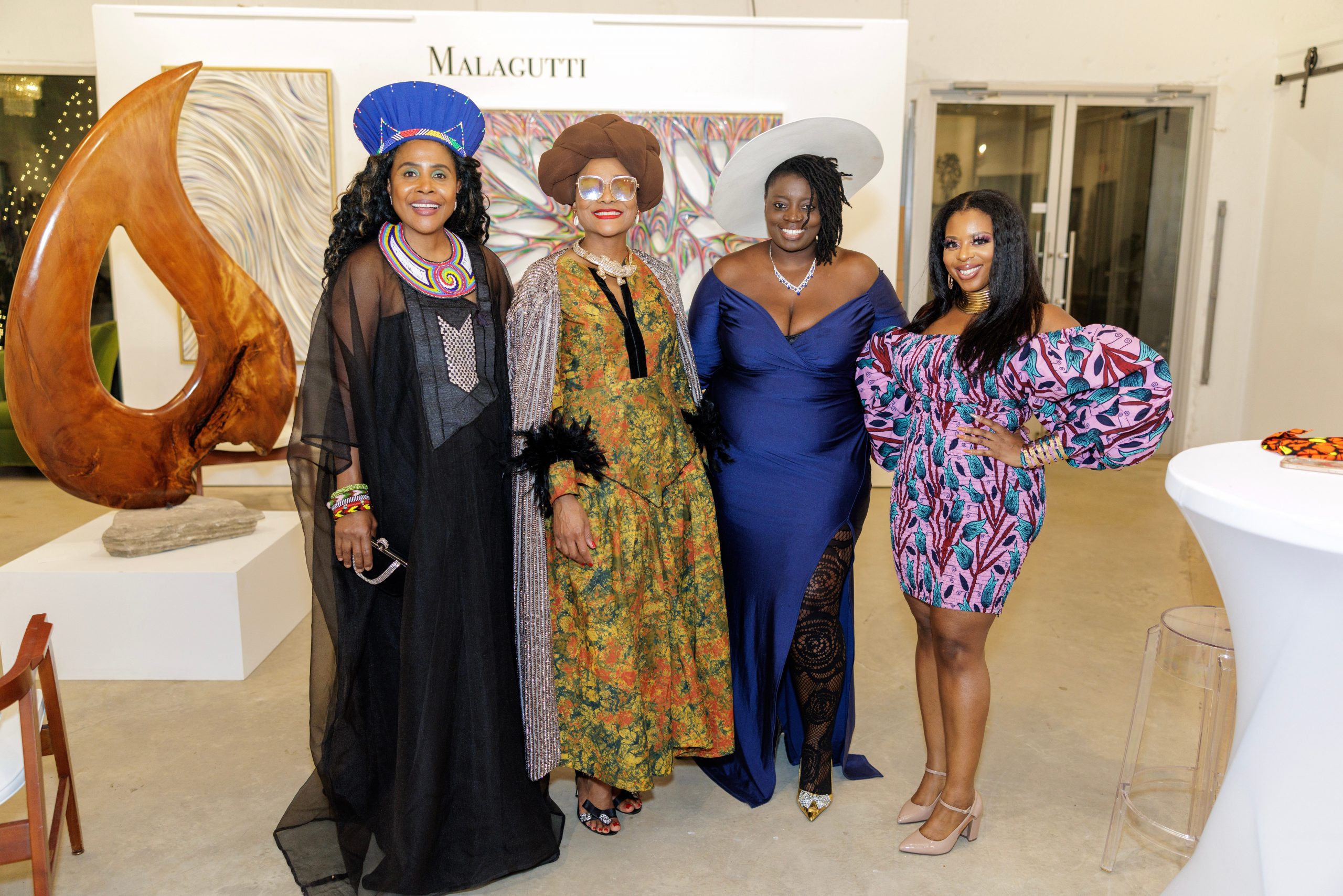
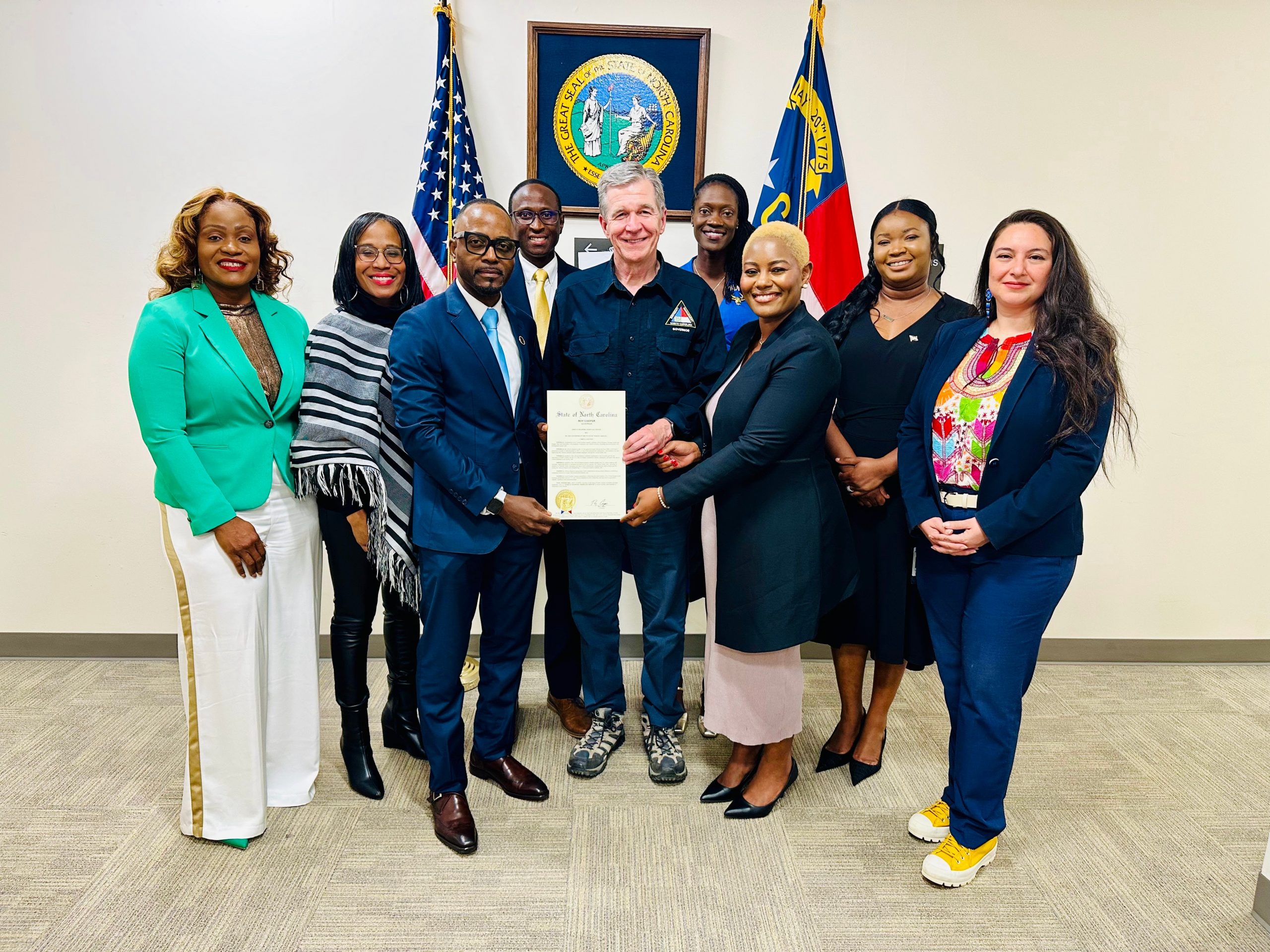
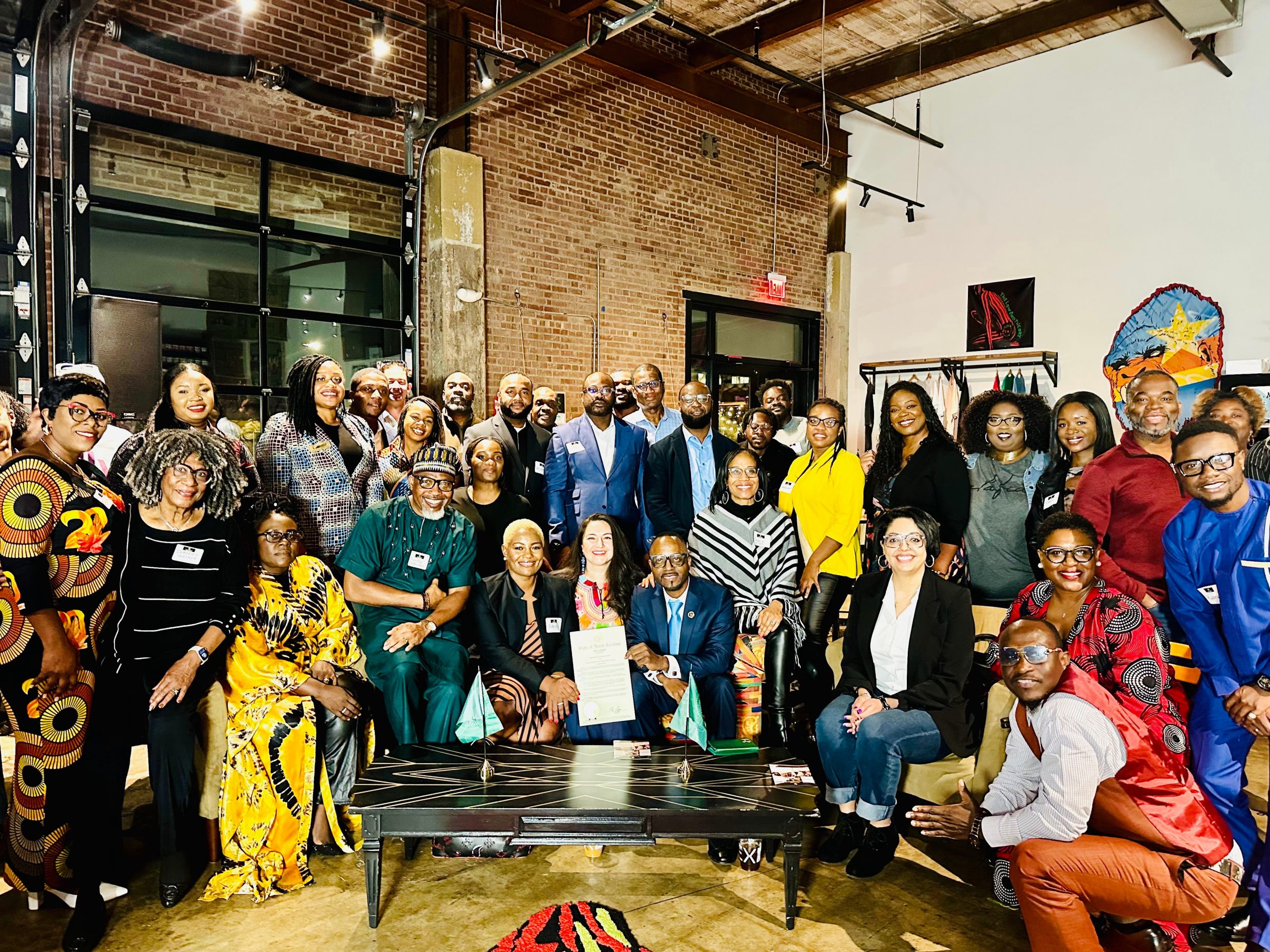
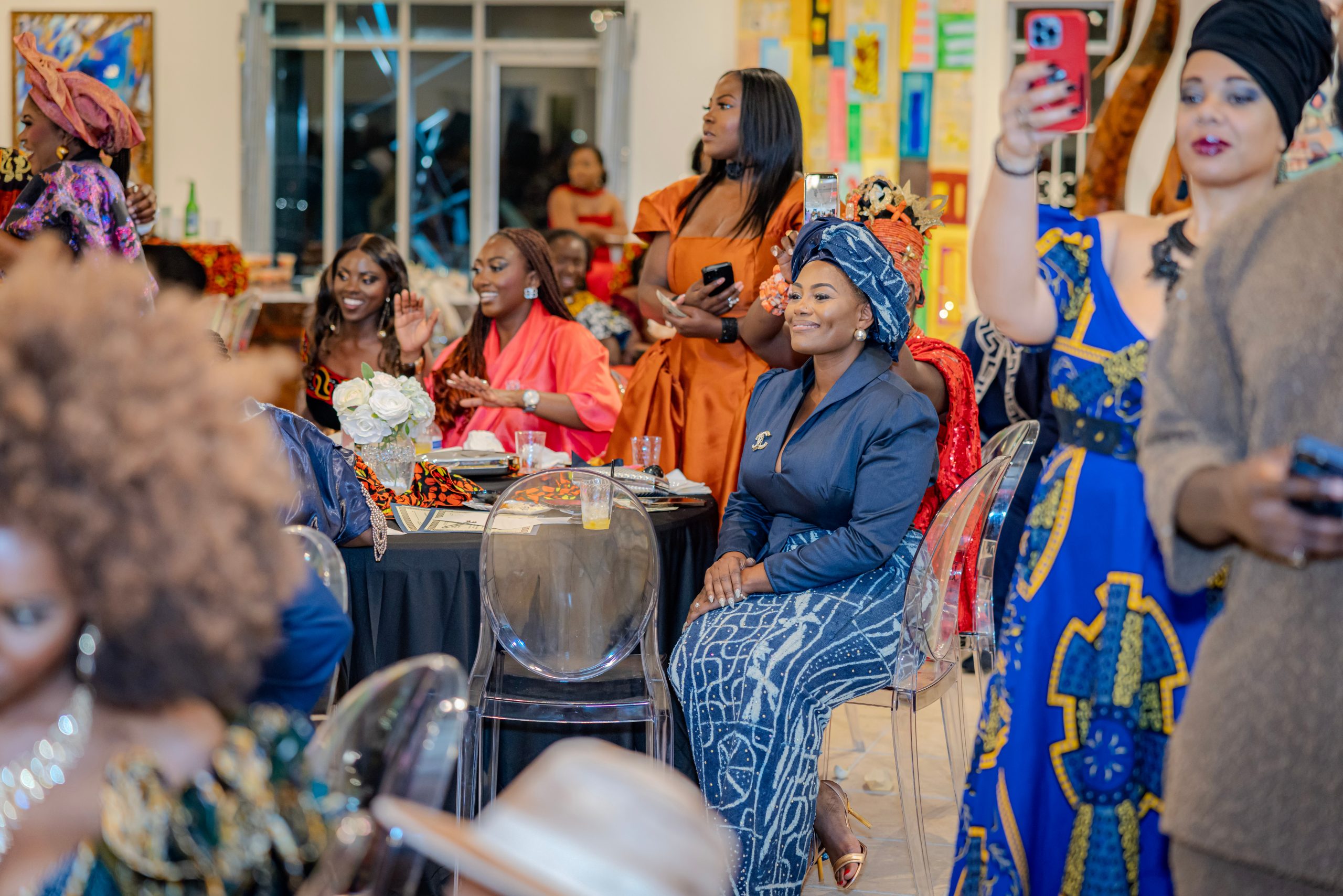
Image Credits
Moonvision Photography
Kijo MediaWorks
Uche Arts Photography
